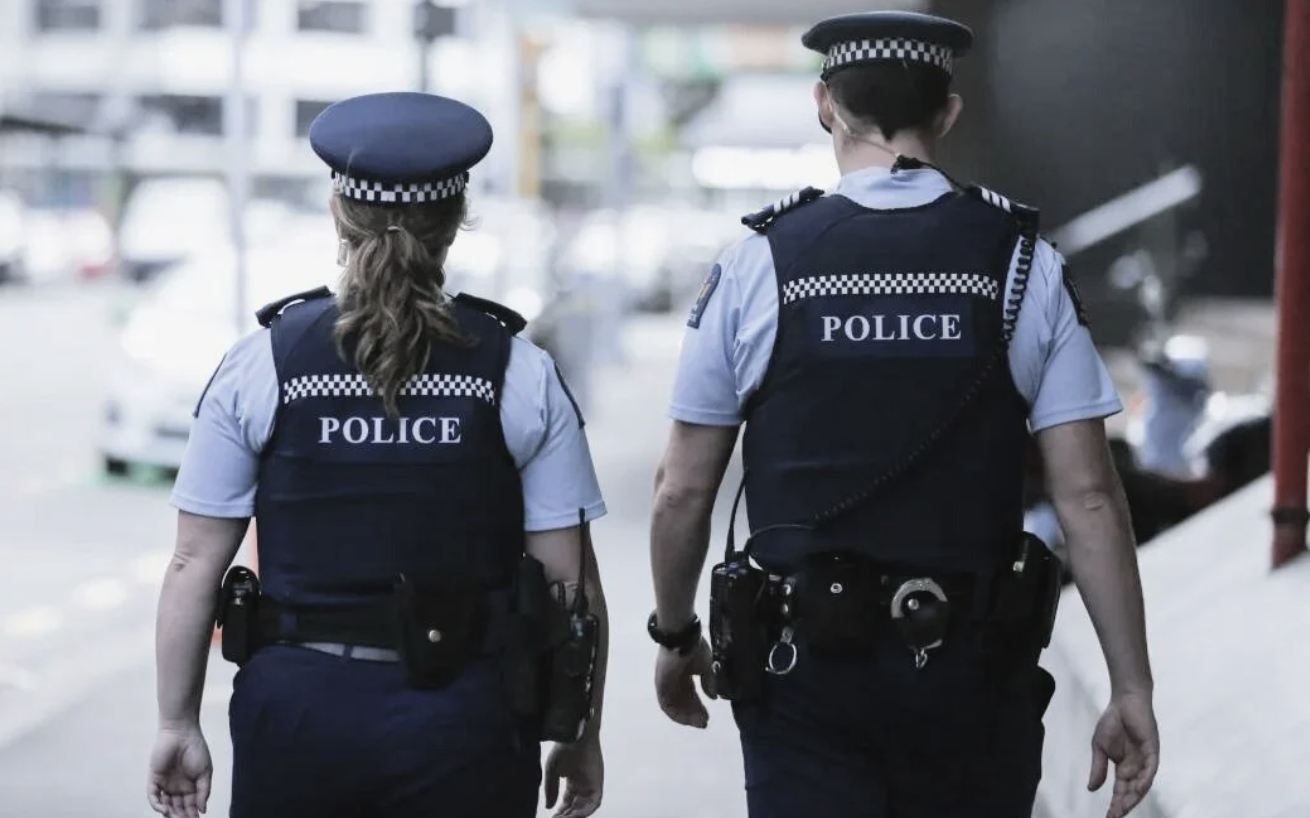Experience Psychology - Hamilton Campus
Public cooperation with police: Procedural justice and the intersection of formal and informal social control - Te Puna Haumaru Seminar Series

- Thursday 24 Oct 2024
- 2pm - 3pm
- Online
- Dr Apriel Joliffe Simpson
- apriels@waikato.ac.nz
- Free
The police need public cooperation to enforce the law, maintain order, and prevent, detect, and investigate crime.
Procedural justice theory (PJT) is the leading explanation for why people cooperate with the police. According to PJT, when the police treat people fairly, respectfully, and neutrally, individuals are more likely to comply and cooperate. Two complementary mechanisms explain this relationship: first, fair treatment signals that police authority is legitimate and should be obeyed; second, it communicates that individuals have status and value, strengthening their connection to the broader social group.
Drawing on data from a longitudinal UK panel survey, Dr Julia Yesberg presents an extended PJT model of public willingness to cooperate with the police. In addition to legitimacy and social identity mechanisms, the model incorporates the influence of informal social control—whether people believe local residents informally police each other. The findings have implications for strengthening community-police relations by highlighting the interaction between formal and informal social control mechanisms.
Speaker: Dr Julia Yesberg is a Lecturer in Forensic Psychology at Te Herenga Waka – Victoria University of Wellington. She previously held post-doctoral positions at the Jill Dando Institute of Security and Crime Science, University College London, and the Institute for Social Justice and Crime at the University of Suffolk. Her current research explores two key areas: (1) the interactions between criminal justice practitioners and individuals in the justice system, focusing on procedural justice, social identity, trust, and legitimacy; and (2) public attitudes towards people who have offended.

Lecturer